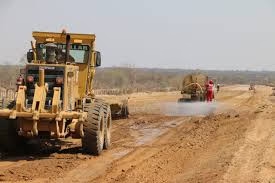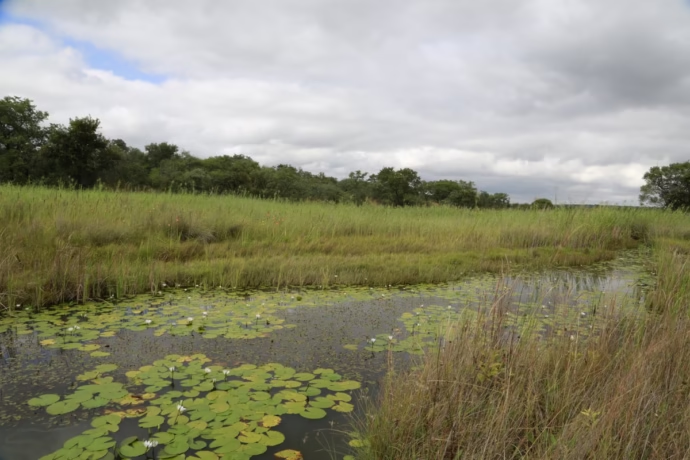
Zimbabwe’s national food security position continues to be sustained by a robust climate-proofing mechanism of the agriculture sector underpinned by an irrigation development initiative.
The country has earned its stripes as one of only two African countries self-sufficient in wheat and flour requirements courtesy of a paradigm shift adopted by the government in climate-proofing the agriculture sector.
An annual irrigation stakeholders’ indaba held in Harare this Thursday was an opportunity for the government to reveal how a concerted irrigation infrastructure roadmap underpinned by private sector support has seen a spike in the hectarage under irrigation.
“There is no way a country can attain national food security status if it relies on rain-fed agriculture, hence our robust roadmap aimed at revitalizing several water bodies which amount to over 10 000. As a Ministry, we are putting more land under irrigation to climate-proof agriculture and this has made us one of the two countries on the continent to attain wheat self-sufficiency,” Permanent Secretary in the Ministry of Lands, Agriculture, Water, Fisheries and Rural Development, Dr John Basera explained.
CBZ Agro Yield has been a key player since the inception of the Second Republic in driving the ongoing agrarian revolution, including supporting the annual wheat hectarage.
CBZ Agro Yield managing director, Mr W. Chigodora noted, “Of the 90 000-hectare annual summer wheat cropping target, CBZ Agro was allocated a target to support the growing of 20 000 hectares. So far, we are at 17 000 hectares which is a big feat towards sustaining wheat production in the country.”
Zimbabwe Commercial Farmers Union (ZCFU) national treasurer, Mr Bright Bvukumbe acknowledged the support rendered by the government to climate-proof agriculture and increase productivity.
“ZINWA has developed mechanisms to support farmers by ensuring the ready availability of water for wheat farming during the winter. ZESA has also guaranteed the supply of electricity towards winter wheat farming,” said treasurer, Mr Bright Bvukumbwe.
Zimbabwe is progressively building a sustainable agriculture value chain system that ensures food security at the household and national level, while the development of water bodies and expansion of irrigation infrastructure are some of the interventions that seek to mitigate the effects of climate change.
Zbc
Positive News




